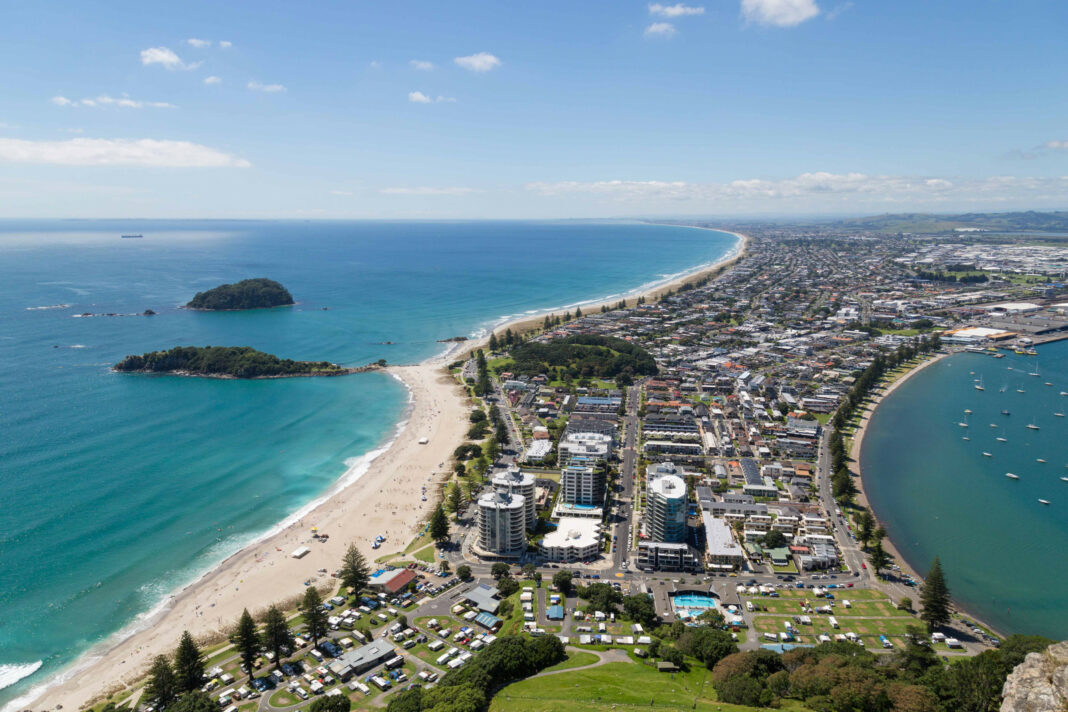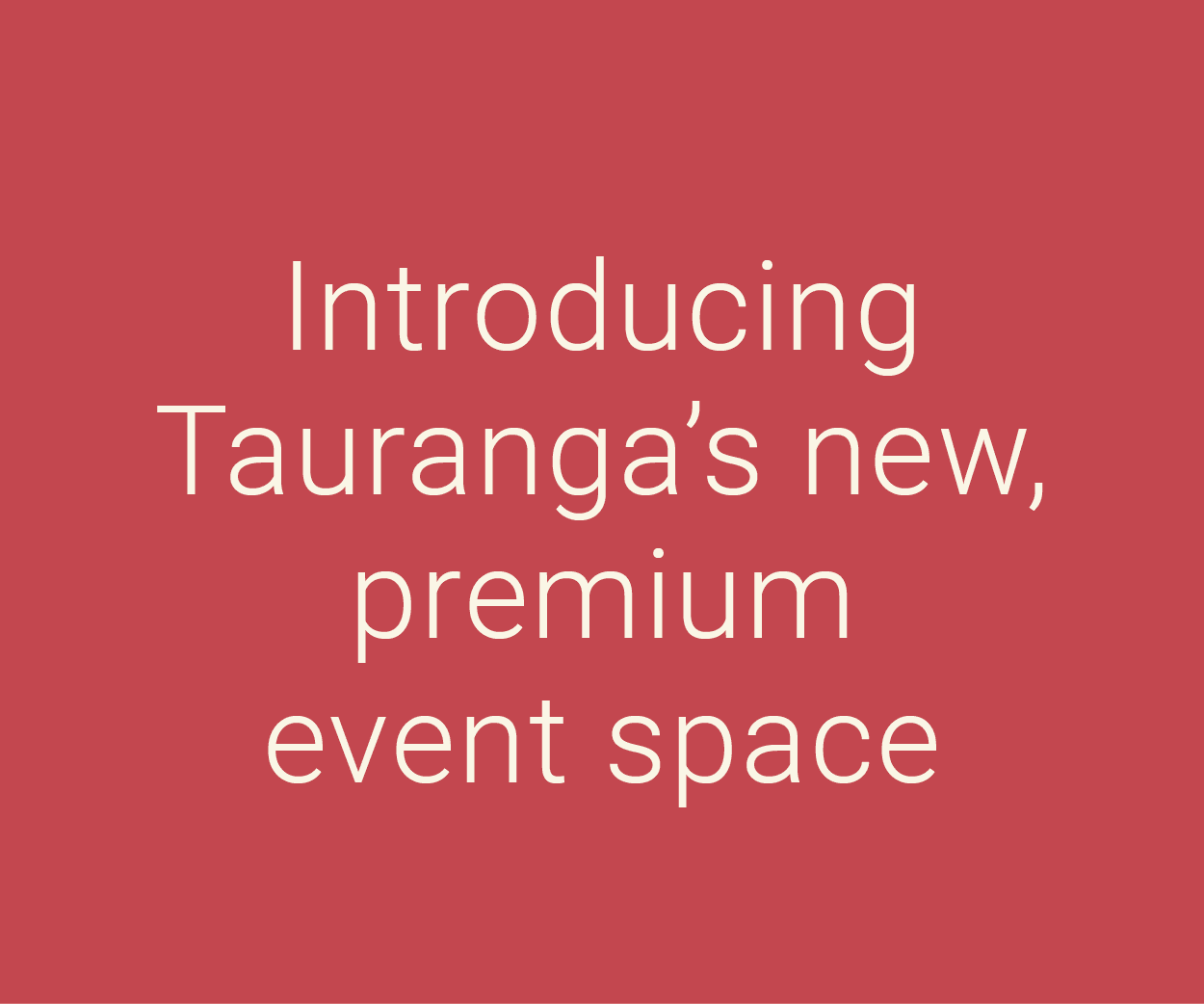While we have much to be proud of, the impact of the global pandemic continues to be felt in parts of our sector. Until travel bubbles are expanded and we can welcome back more international visitors to our shores, we are relying on fellow Kiwis and our Australian friends and whānau to “support local”.
Tourism operators have also used this crisis to rethink their operations and the most innovative business people in our industry are leading the way. Change can be incredibly difficult, but equally rewarding. We’ve seen this demonstrated by tourism operators in Te Moananui ā Toi | the Coastal Bay of Plenty, some of whom are using this period to develop new products or adopt cultural practices or eco-friendly initiatives.
This comes from a realisation that tourism is changing and a destination’s success shouldn’t only be measured by visitation and spending. Other factors, such as the wellbeing of a community and its environment must also be considered. In delivering on the objectives of our tourism strategy, Te Hā Tāpoi | The Love of Tourism, we are ensuring tourism is more environmentally and economically sustainable, and offer products to visitors seeking experiences that are aligned to the cultural values of our region.
Our board and the wider team is grateful to our local partners and government for the financial support they provide to our industry. This funding has enabled us to work to mitigate the effects of the pandemic on our hardest hit operators. And we’ve continued to develop the commitment to becoming a regenerative place where we are led by our four DNA pillars: Māori culture, natural environment, oceans and beaches, and horticultural provenance.
The plan was part of a co-designed and led process with iwi, stakeholders, operators, and the community before the pandemic hit. So while we’ve faced challenges, we have still been able to take the strategy forward and bear fruit, such as the launch of Te Whānau Tāpoi ō Tauranga Moana, an incorporated society currently representing 14 Māori tourism operators who, through their cultural tourism offerings, will collectively promote the story of our region.
Another example of action is the efforts being put into achieving ECO Destination Certification. We have also had the inaugural meeting of leaders from across the region to ensure all sectors understand that tourism opportunities are their opportunities; from the kiwifruit on the plate of a local restaurant so that visitors can truly experience our place’s horticultural provenance, to providing event-related promotions that cross from the natural environment into the business arena.
Connectedness of opportunities and vision
Destination management is all about connectedness of opportunities and vision. The development of Flavours of Plenty, a new initiative driven by our team to define our region’s food story and spark collaboration between passionate foodies, hospitality leaders and producers, demonstrates this so well. The spirit of manaakitanga (hospitality) filled the room at Toi Ohomai Institute of Technology in June and whose students expertly catered to the event.
Flavours of Plenty will showcase the ‘people, places, produce and plates’ that reflect our region’s creativity with food, and provide a platform to identify new opportunities in the food and hospitality space that was worth $118 million to our economy to the year ending April 2021 (electronic sales only). Plans are under way to stage an inaugural regional food festival in Autumn 2022. Across 10 days, our whenua will come alive with events and dining experiences that will celebrate the manaaki tangata our region is known for.
The direct benefits of tourism include growth in the visitor economy, more jobs and higher productivity for local businesses. With the right strategic approach, tourism also has the potential to generate a much broader range of benefits that can underwrite a region’s economic and social transformation, ultimately providing its residents with greater social amenity and higher living standards.
In the wake of the coronavirus pandemic, the industry still needs support to recover from the lost visitation. As a destination management organisation, it is our responsibility to enable discussion and the potential for new authentic experiences to emerge that will support economic development and a thriving community for residents and manuhiri to enjoy.












